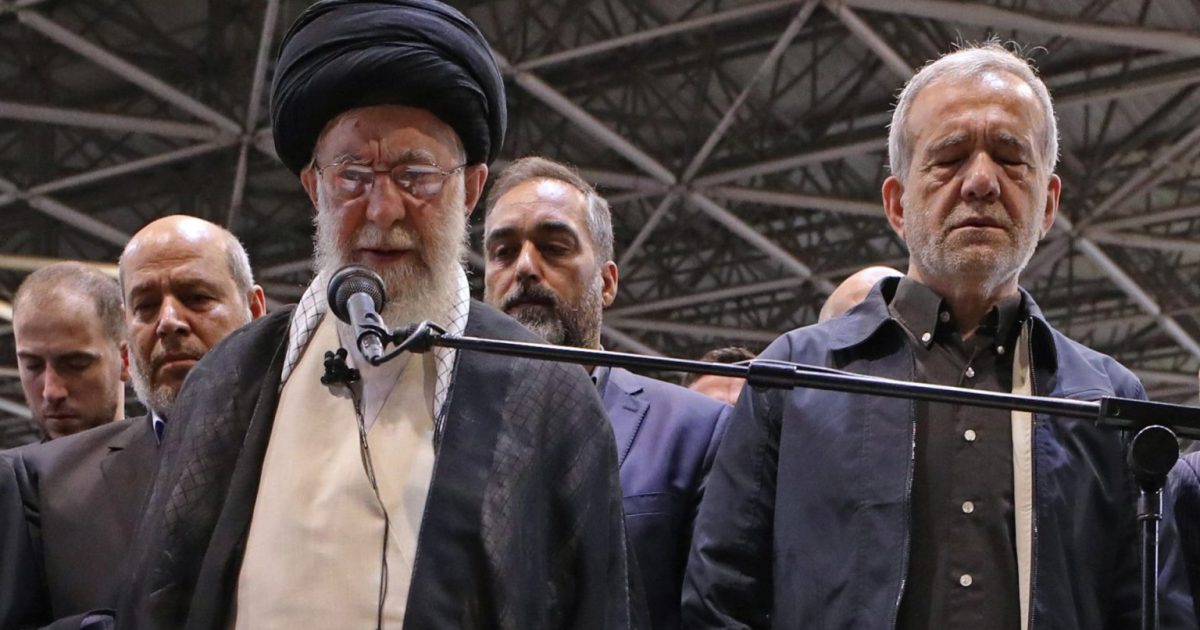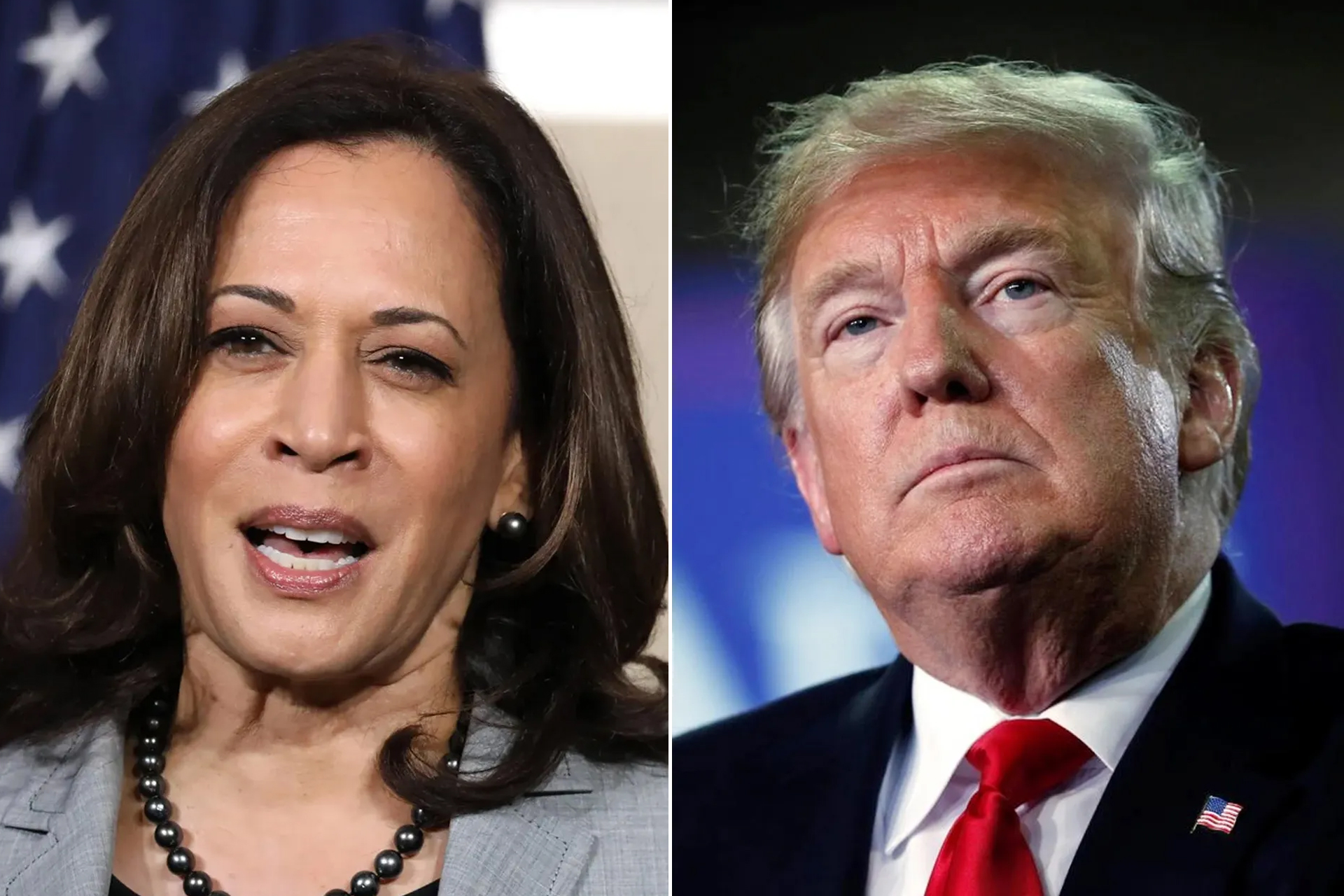Israel’s Intentional Obstruction of Peace Negotiations and Prisoner Exchange
Over the past 7 months, Israel and its leader, Benjamin Netanyahu, have consistently thwarted progress in ceasefire and prisoner exchange negotiations. This deliberate policy has been in place since the first Paris summit in January, which was postponed and then sabotaged due to Netanyahu’s refusal to authorize Mossad Director David Barnea.
Stalling Negotiations
At the Cairo summit on February 13, Israel sent a delegation with limited powers, including Netanyahu’s personal advisor, Ophir Falk. The second Paris summit on February 23 and negotiations in Doha on March 16 were similarly thwarted by restrictions on the negotiating team’s authority.
No Intention of a Deal
After Hamas’ positive response to US President Biden’s framework proposal, a senior Israeli official (Netanyahu) stated that Israel would continue military pressure and that there were flaws in the agreement. Three days later, Netanyahu issued a statement outlining remaining disagreements and emphasized that the war would continue until the stated objectives were achieved.
Despite American warnings, Israel invaded Rafah, claiming to eliminate four remaining Hamas battalions. The Salah al-Din axis and the Rafah crossing between Egypt and Gaza were seized, cutting off humanitarian aid, with no regard for civilian casualties or warnings of targeting them.
It is clear from this sequence of events that Israel is not interested in brokering a deal to end the war or exploring the conditions for its conclusion. It has the capacity to ignore external and internal pressures, prioritizing the restoration of deterrence against the Gaza resistance and the region in preparation for reshaping the region according to its and America’s interests and vision.
Netanyahu’s Role
Netanyahu controls the negotiation process, sending the negotiation team to rounds of talks with the premeditated intention of undermining them through claims of a decisive victory, continued war, and a 42-day temporary ceasefire, which would allow for the recovery of some prisoners and the destruction of Hamas’ military and governmental capabilities, as well as introducing new conditions in each negotiation round, among other pretexts.
If a deal comes close to being reached, Israel will backtrack and withdraw, as it is not concerned with improving negotiation terms but with continuing the war within a strategic vision of sustained aggression and potential expansion to serve the post-war arrangements, which involve the fate of Gaza, the West Bank, and the future of Palestine and Israel as a whole. This strategic vision is shared by Israel, the US, and the West in general, and it is a key factor in overcoming any pressure to secure a deal.
Internal Pressures
Israeli society is largely shifting towards extremism, with over 70% supporting the continuation of the war. The dispute among Israelis primarily revolves around priorities. Those advocating for the return of prisoners consider it more important than continuing the war, which can be resumed after their release.
However, as long as daily life in Israel remains uninterrupted, as former Prime Minister Barak demands, public pressure will remain weak, and the government can absorb popular anger by sending negotiating delegations and blaming Hamas for the failure.
With Israel’s tactical successes in assassinating Ismail Haniyeh in Tehran and Fؤad Shukr in Beirut’s southern suburbs, the voices opposing the war have subsided, and Netanyahu’s popular standing among his opponents has improved. Analysis of their positions reveals that most are even more extreme than Netanyahu, including Gantz, Lieberman, and Saar. Thus, the continuation of aggression remains at the forefront of Israel’s agenda.
External Pressures
International pressure from organizations including the UN, the Security Council, the International Court of Justice, and the International Criminal Court is ineffective against the US position, which opposes activating any of their measures. American policy remains the primary determinant of external pressure on Israel.
It is evident that US-Israeli relations are strategic and deeper than personal ties between officials and that they transcend considerations of their impact on US elections.
As a result, the Biden administration and Vice President Harris, who believe a prisoner exchange deal would serve their electoral interests by defusing regional tensions, securing the release of American prisoners, and achieving a diplomatic victory that would help unify their electoral base, are neither exerting nor desire to exert any pressure on Israel to finalize such a deal.
Instead, they continue to support Israel and turn a blind eye to its atrocities, providing all necessary war materials, including a two-billion-dollar arms deal approved days before the recent Doha negotiation round, which the administration claimed was the final opportunity for a prisoner exchange.
Netanyahu sends his negotiating delegation to Doha, aware of the lack of American restraint and the disparity between the US position and its actual conduct, which encourages him to adopt a more hardline stance, derail negotiations, and prolong the offensive.
The issue is not Netanyahu, who rejected President Biden’s proposal (which was essentially an Israeli proposal), but the American position, which provides Israel with unwavering military and political support and blames Hamas for the deal’s failure.
This stance stems from the West’s view of the region and Israel’s role within it, with the Gaza war being part of a broader conflict in which the region remains subordinate to US policy and control, amidst regional challenges and international rivalry with Russia and the rising influence of China.
Furthermore, the ongoing aggression, negotiation failures, and expanded attacks on Tehran and Beirut’s southern suburbs raise the risk of a wider regional conflict with Iran, which Netanyahu seeks but the US administration wants to avoid, particularly during elections.
In this situation, the Biden administration’s preferred scenario is for negotiations to continue and for progress to be announced while disputes are downplayed. Simultaneously, the offensive in Gaza would be maintained at a lower intensity to buy time and avoid a major regional escalation until the US elections.
This suits Israel’s interests in the hope that Trump will win, not because he would offer more generous political and military support than Biden (who has already surpassed all limits in this regard), but because Trump and the Republican right would be indispensable in supporting Israel in the post-ceasefire phase and in reshaping the region, effectively liquidating the Palestinian cause not only in Gaza but primarily in the West Bank, precluding any Palestinian statehood.
It is worth recalling David Friedman’s (Trump’s former ambassador to Israel) view that West Bank residents should be considered Israeli residents.
The strength and resilience of the Palestinian resistance will remain the decisive factor in overcoming and thwarting these conspiracies.



